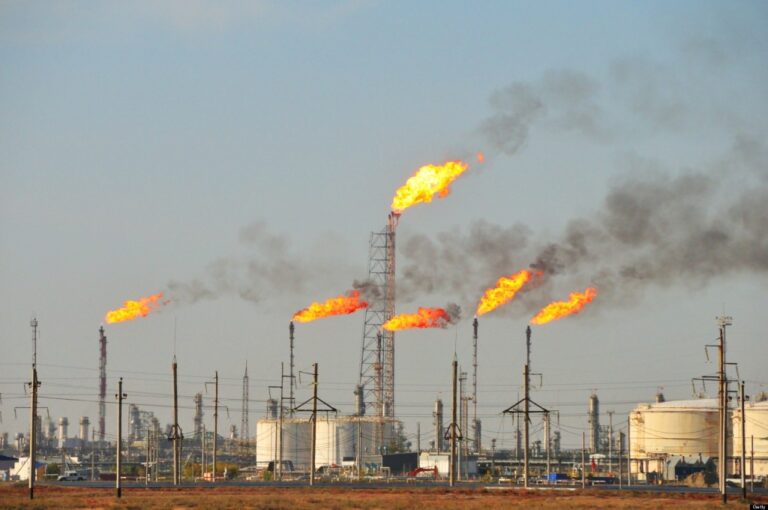By Peter Omopo
Abuja, July 3, 2025 — The Nigerian Upstream Petroleum Regulatory Commission (NUPRC) has unveiled a new gas-focused transition strategy aimed at eliminating routine gas flaring by 2030 and cutting methane emissions by 60% by 2031.
The Commission’s Chief Executive, Gbenga Komolafe, disclosed this on Wednesday while delivering a keynote address at the ongoing 24th Nigeria Oil and Gas Energy Week Conference in Abuja.
Speaking at a strategic session titled “Positioning Nigeria’s Upstream Oil & Gas for Energy Security, Sustainability and Economic Resilience,” Komolafe said the strategy is central to Nigeria’s energy future and economic diversification plans.
“Our gas-centric transition strategy is not just about reducing emissions,” he said. “It’s about unlocking the potential of Nigeria’s vast gas reserves to create thousands of green jobs and drive long-term industrial growth.”
According to Komolafe, the government’s plans are backed by key initiatives such as the Decade of Gas, the Nigeria Gas Flare Commercialisation Programme (NGFCP), and the Presidential Compressed Natural Gas (CNG) Initiative.
He added that Nigeria is rapidly expanding its Liquefied Natural Gas (LNG) capacity, deploying floating infrastructure, and advancing regional pipeline projects to power both its domestic economy and Africa’s broader industrialisation.
“Further anchoring this ambition is Nigeria’s Upstream Decarbonisation Framework, which integrates emissions tracking, MRV systems, carbon capture, and climate finance access through carbon markets,” he said.
Komolafe described these frameworks not merely as environmental policies, but as strategic platforms for “investment, innovation, and inclusive growth.”
The announcement underscores Nigeria’s growing commitment to a cleaner, more sustainable energy future amid global calls for decarbonisation and climate resilience.

